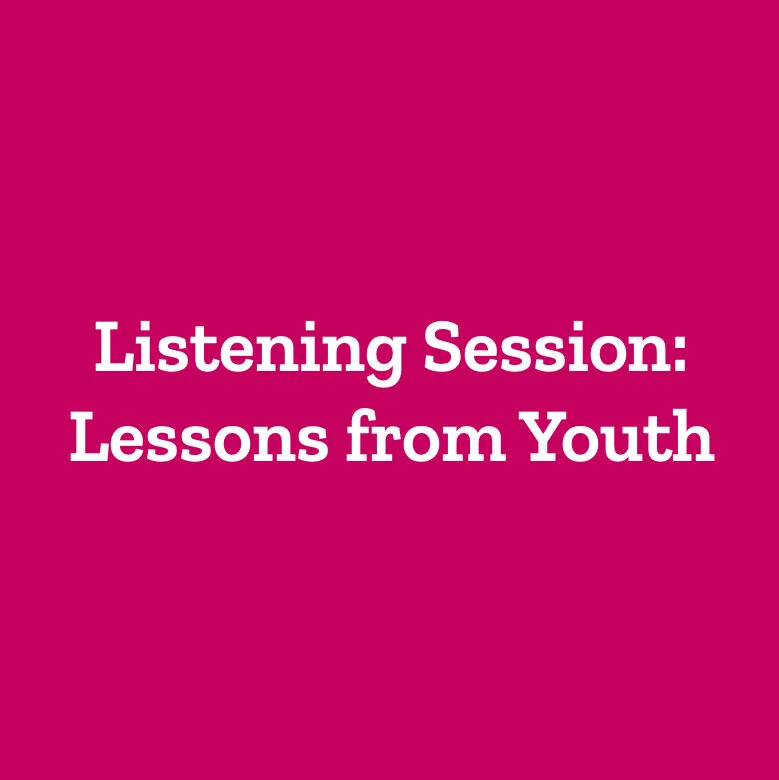FAM: Family and Me
Reimagining Foster Care
FAM (Family And Me) is a new model of family-based foster care designed to meet the needs of youth experiencing or at risk of commercial sexual exploitation. These young people are often the least likely to be placed in a family setting within the current system, frequently being sent to congregate care facilities and historically out of state. FAM aims to create a new approach to family-based foster care that includes comprehensive training and support for caregivers, shared caregiving and flexible funding, with the goal to keep young people within their communities, connected with the people they love.
The Model
Partners
FAM brings together local, community-based organizations with deep expertise in serving this population. FAM is overseen by Freedom Forward and was designed collaboratively with Huckleberry Youth Programs and WestCoast Children’s Clinic. Seneca Family of Agencies is implementing the FAM model and the UC Berkeley Human Rights Center is evaluating FAM.
FAM currently serves San Francisco foster youth as part of SF Safety, Opportunity, and Lifelong Relationships (“SFSOL”), a new continuum of care funded by the California Department of Social Services and the San Francisco Department on the Status of Women for a 3-year pilot. The goal is to develop a replicable model and set of lessons learned that can benefit the state of California.
Background
Multiple studies have found that most Bay Area youth who have experienced commercial sexual exploitation have also been involved in the foster care system. Young people in foster care have, by definition, experienced abuse or neglect, and they often face ongoing challenges related to trauma, placement availability, and feelings of isolation--challenges exacerbated by unstable or institutional foster care settings and resulting in increased vulnerability to exploitation. In an effort to improve conditions, California put forth its “Continuum of Care Reform,” recognizing that youth generally do best in committed, permanent, and nurturing family homes. This provided an opportunity to radically reimagine foster care for youth and the important people in their lives.
Research and Planning
FAM builds on promising practices from models around the country and has been informed by local young people, caregivers, providers, and policymakers, to ensure it meets San Francisco’s particular needs.
Evaluation
FAM is the subject of an independent, in-depth evaluation by the UC Berkeley Human Rights Center. This will allow us to assess model efficacy, make improvements in real-time, and continue developing a corpus of evidence-based best practices.
Objectives
The primary objectives of the evaluation are to:
Understand the feasibility, appropriateness, and acceptability of the pilot by youth and caregivers, and the extent to FAM is implemented with fidelity to the proposed model;
Assess the extent to which youth and caregivers in the pilot are provided with appropriate services;
Understand how the intervention influences outcomes among youth and caregivers over time, and identify which features promote positive outcomes for different youth.




